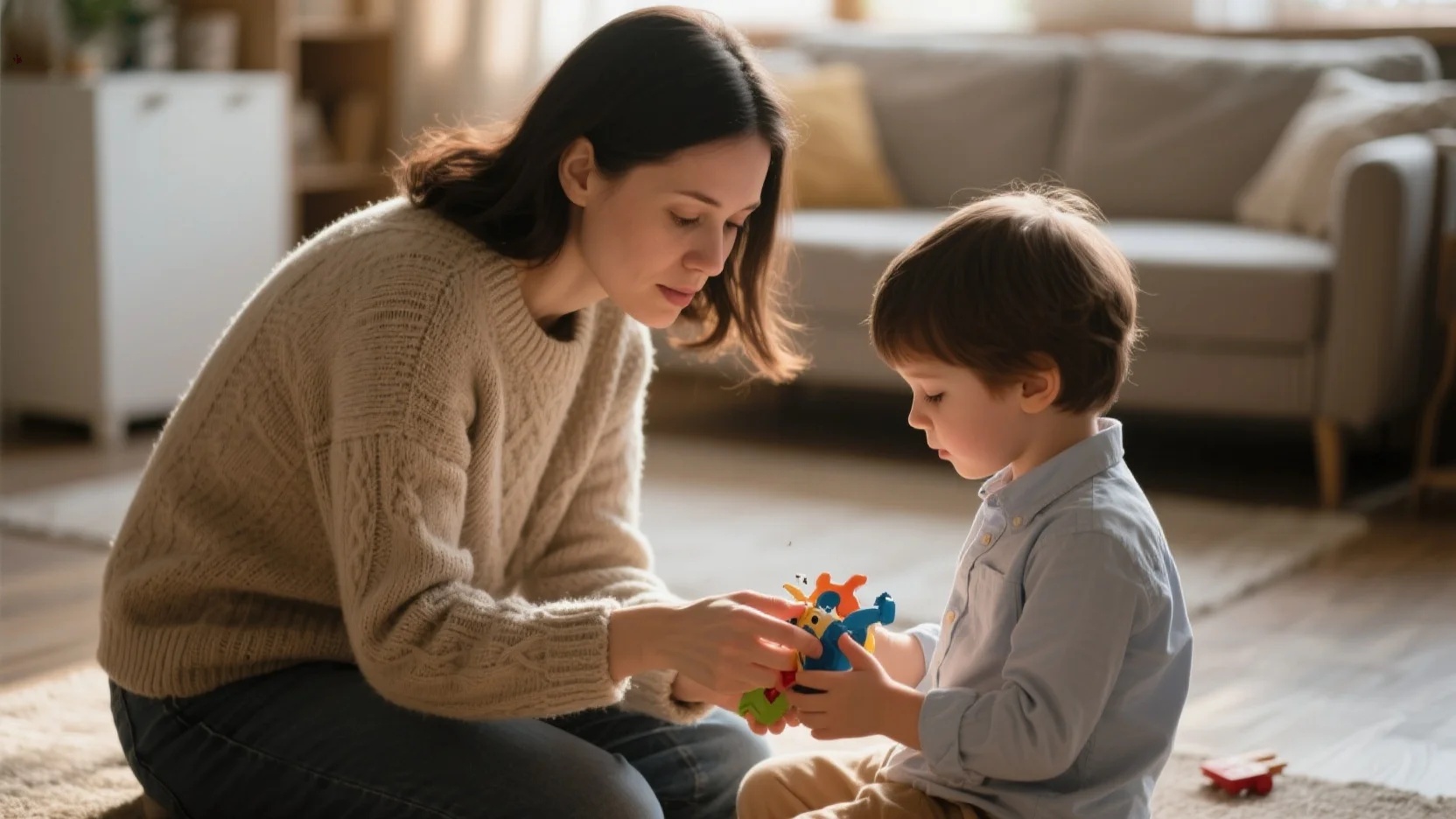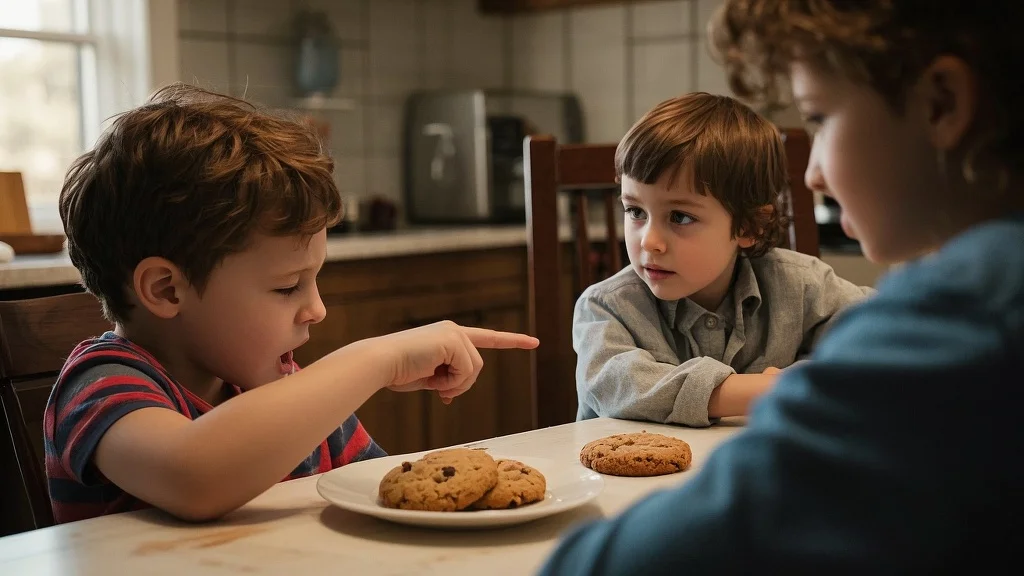Children don’t always recognize their mistakes naturally – they need patient guidance to develop self-awareness and responsibility. Here’s how to help them understand and grow from their errors without shame or frustration:
1. Create a Safe Space for Honest Reflection
Instead of immediate criticism, start with open-ended questions:
- •“Can you walk me through what happened?”
- •“How were you feeling when this occurred?”
This approach removes fear of punishment and encourages truthful discussion. Children are more likely to admit mistakes when they feel emotionally secure.
2. Normalize Mistakes as Learning Opportunities
Explain that everyone makes mistakes – even adults:
- •“Remember when I burned dinner last week? I learned to set timers!”
- •Share stories of famous people who failed before succeeding
This teaches resilience and prevents children from seeing errors as personal failures.
3. Focus on Solutions, Not Blame
Guide them toward constructive problem-solving:
- •“What could we do to fix this situation?”
- •“How might we prevent this next time?”
For example, if they forgot homework:
- •Help create a checklist system
- •Practice packing their bag together
4. Use Natural Consequences When Appropriate
Let real-world outcomes teach responsibility:
- •If they leave toys outside → toys get wet (demonstrates cause/effect)
- •If they’re rude to friends → friends don’t want to play (shows social impact)
Always follow up with discussion about what they learned.
5. Praise the Process, Not Just Results
Recognize effort and honesty:
- •“I’m proud you told me the truth – that takes courage.”
- •“You worked hard to fix this – that’s what matters.”
This reinforces positive behavior more effectively than focusing solely on the mistake.
6. Teach Repair Strategies
Help them make amends:
- •A broken item? Help them save allowance to replace it
- •Hurt someone’s feelings? Guide them in writing an apology note
This builds accountability and empathy.
7. Adjust Expectations by Age
- •Toddlers: Simple redirection (“Blocks are for building, not throwing”)
- •School-age: More discussion about choices and consequences
- •Teens: Collaborative problem-solving
Key Takeaways for Parents:
✔ Stay calm – anger blocks learning
✔ Separate the action from the child (“That choice wasn’t good” vs “You’re bad”)
✔ Be consistent with expectations
✔ Celebrate progress, not perfection
Remember: Children may need to repeat lessons many times before they fully understand. Your patience today builds their responsibility for life.








